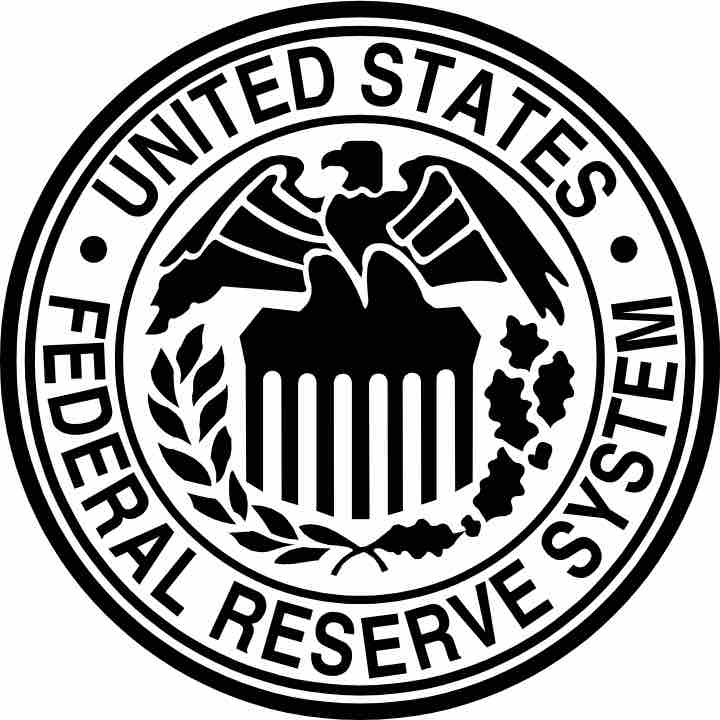Within the United States, there are numerous government departments and agencies responsible for maintaining a strong economy.
The Department of Commerce is the Cabinet department of the U.S. government concerned with promoting economic growth. Among its tasks are gathering economic and demographic data for business and government decision-making, issuing patents and trademarks, and helping to set industrial standards. Organizations within the Department of Commerce include the Census Bureau, the Bureau of Economic Analysis, and the International Trade Administration.
The Department of the Treasury is an executive department and the treasury of the U.S. government. It prints and mints all paper currency and coins in circulation through the Bureau of Engraving and Printing and the United States Mint. The Department also collects all federal taxes through the Internal Revenue Service and manages U.S. government debt instruments. The Federal Reserve is the central banking system of the United States, which conducts the nation's monetary policy, supervises and regulates banking institutions, maintains the stability of the financial system, and provides financial services to depository institutions, the U.S. government, and foreign official institutions.

the Federal Reserve
The seal of the Federal Reserve.
The Office of the United States Trade Representative is the government agency responsible for developing and recommending U.S. trade policy to the President, conducting trade negotiations at bilateral and multilateral levels, and coordinating trade policy within the government through the interagency Trade Policy Staff Committee (TPSC) and Trade Policy Review Group (TPRG). The Federal Trade Commission promotes consumer protection and the elimination and prevention of anti-competitive business practices, such as coercive monopoly.The Small Business Administration provides support to entrepreneurs and small businesses by providing loans, contracts, and counseling.